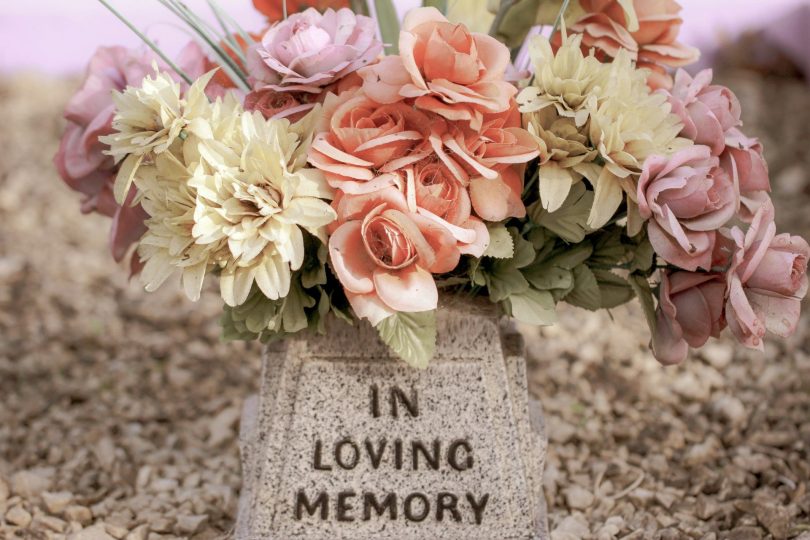…& How Can We Deal With It?
Grief is a universal experience, yet it manifests differently for everyone. Over the years, I have worked with many clients navigating their grief, and I want to share some insights that may help those struggling with loss.

Anyone who has lost a loved one—be it a friend, family member, colleague, or beloved pet—understands the deep impact of loss. Even those who haven’t experienced such a loss can often empathise. As the saying goes, “One doesn’t need to drink the whole sea to know it’s salty.”
The Stages of Grief
Most of us are familiar with the different stages of grief, as outlined by Elisabeth Kübler-Ross in On Death and Dying (1969):
- Denial & Shock – Not believing what has happened.
- Anger – Directed at oneself, the person lost, the medical profession, or figures of authority.
- Pain & Guilt – Emotional and even physical pain, sometimes leading to “broken heart syndrome.”
- Bargaining – Wondering “What if?” or “If only…”
- Depression – Difficulty functioning normally, loss of joy, neglect of self-care.
- Acceptance & Hope – Coming to terms with the loss and finding ways to move forward.
These stages do not necessarily follow a strict order and can fluctuate over time. However, grief is ultimately a combination of emotions, and like any emotion, it can be managed.
Acknowledging & Managing Grief
Grief is not about ignoring emotions but about recognising them for what they are. By acknowledging emotions, we regain power over them. For example, rather than saying, “I am anger,” one can say, “I am feeling angry right now,” and then decide how long to allow that feeling to linger.

Sometimes, people become stuck at a particular stage of grief, such as anger or denial. This is when support from a therapist or a trusted friend becomes crucial. Grief becomes even more challenging when it leads to physical or mental health issues, such as chronic stress, insomnia, or depression. Seeking help when daily functioning becomes impaired is essential.
Therapy & Coping Strategies
Grief therapy often works best after an individual has had some time to process their loss, which can take months or even years. When someone seeks help, it is usually because they feel stuck and are unsure how to move forward.
Therapeutic approaches that may help include:
- Journaling – Writing down thoughts and emotions can provide insight and healing.
- Music Therapy – Listening to music and journaling about any emotions it triggers can help process grief.
- Cognitive Behavioural Therapy (CBT) – Challenging negative thought patterns and beliefs.
- Integrative Psychotherapy – Using a combination of therapeutic approaches tailored to the individual.
- Narrative Therapy – Telling one’s story as a means of healing.
Grief can be like waves on the shore—it may recede for a time but can return unexpectedly.

This is particularly true in families, where loss can disrupt dynamics and cause unresolved emotions to manifest in anger, blame, or estrangement.
The Impact of Grief on Relationships
The loss of a family member often changes family structures. If grief is not properly addressed, it can lead to rifts between siblings or resentment within relationships.
Some individuals, particularly men, may internalise grief, burying themselves in work or distractions rather than acknowledging their emotions.
Over time, this can impact both physical and mental well-being.
Although you cannot force someone to seek help, recognising signs of unresolved grief in others is important. People struggling with grief may become irritable, impatient, or intolerant of others’ needs. Encouraging open conversations about loss can be a valuable first step toward healing.
Practical Steps to Cope with Grief
Grief is not only about the death of a loved one. It can also stem from the end of a relationship, the loss of a home or career, or even a child leaving home. Coping strategies include:
- Breathing meditation – Calming the nervous system through mindful breathing.
- Spending time in nature – Finding solace in the outdoors.
- Mindful movement – Engaging in activities like yoga or walking.
- Faith or spirituality – Seeking comfort in spiritual practices.
- Talking about the lost loved one – Keeping their memory alive through stories and laughter.
- Visiting a graveside or memorial – Finding personal ways to honour their life.
While grief never completely disappears, time and practice make it easier to navigate. We find ways to cope, honour the memories of those we’ve lost, and continue living our own lives with meaning.

We do not forget; we simply learn to carry grief differently. In doing so, we find peace of mind.
Main – Photo by Sandy Millar on Unsplash



